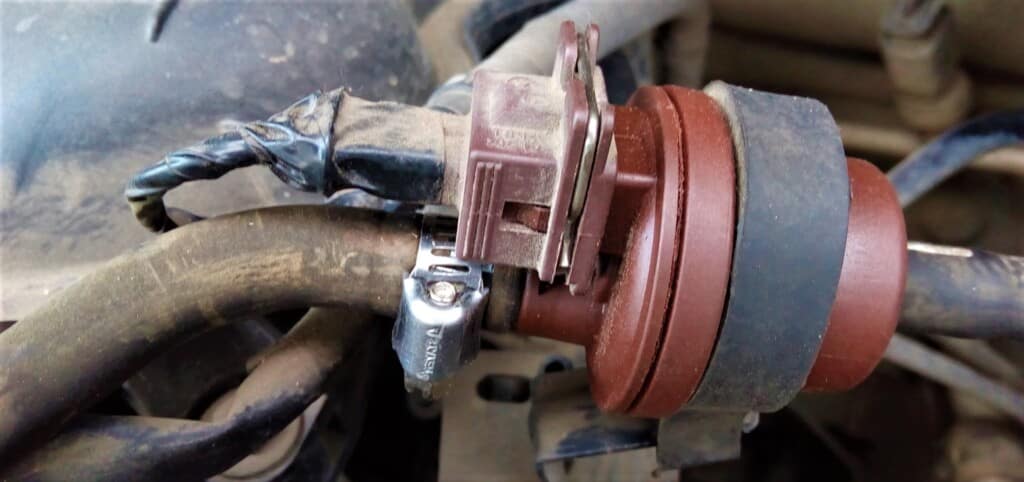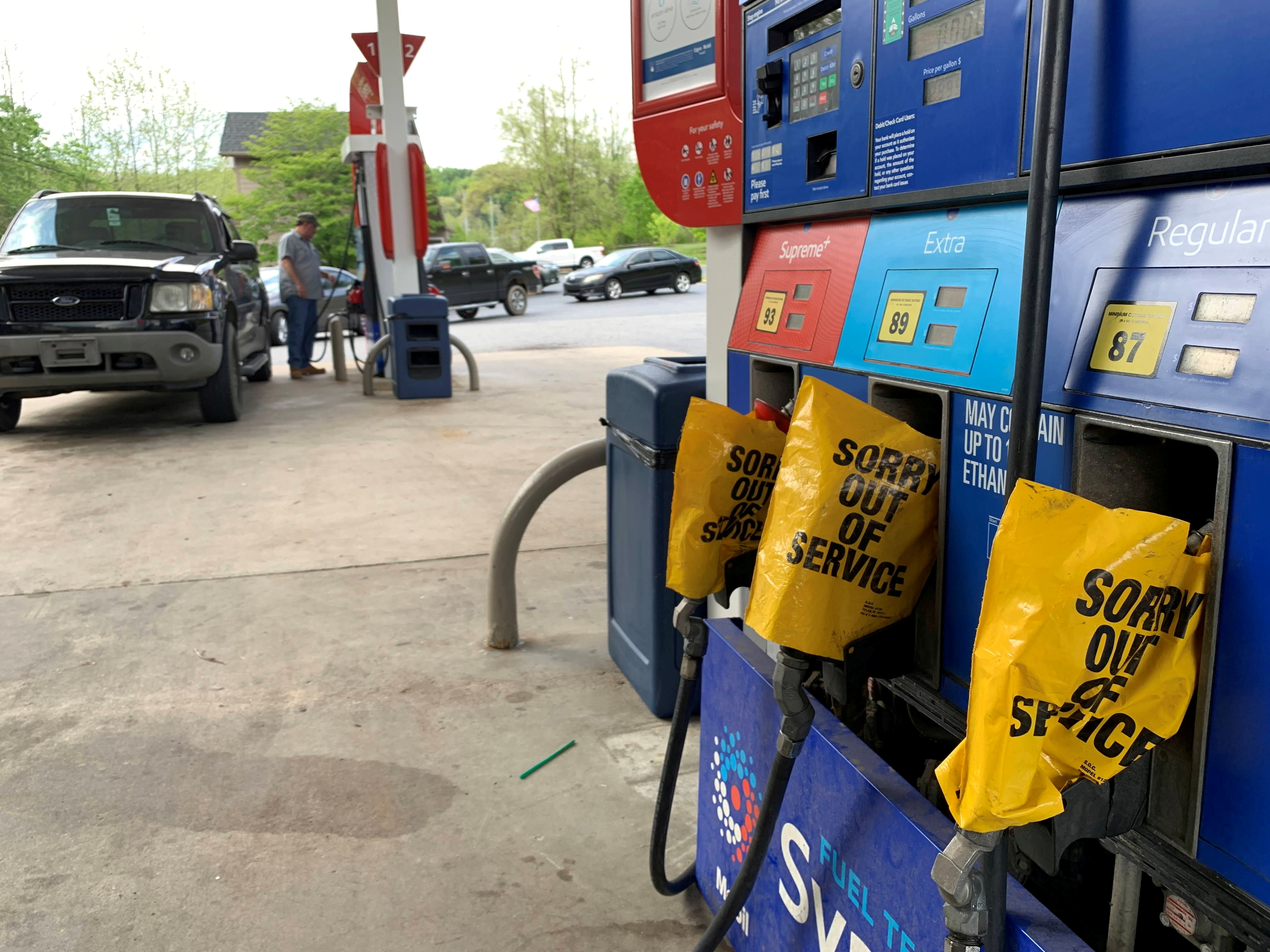
Many times one or more diodes in the alternator rectifier assembly will have failed, causing a drop in the unit's output. If there is no change in output voltage, the alternator is the culprit. If the charging voltage goes up when the regulator is bypassed, the problem is the regulator (or the engine computer in the case of computer-regulated systems). Or, take the alternator to a parts store and have it bench tested.
#Fuel pc won't start full#
If the charging system is not putting out the required voltage, is it the alternator or the regulator? Full fielding the alternator to bypass the regulator should tell you if it is working correctly. The charging range for a typical alternator might be 13.9 to 14.4 volts at 80 degrees F, but increase to 14.9 to 15.8 volts at subzero temperatures. The higher the temperature, the lower the charging voltage. The lower the temperature, the higher the charging voltage. The exact charging voltage will vary according to the battery's state of charge, the load on the electrical system, and temperature. When the engine is first started, the charging voltage should rise quickly to about two volts above base battery voltage, then taper off, leveling out at the specified voltage. If the battery accepts a charge and tests okay, checking the output of the charging system should help you identify any problems there.Ī charging system that is working properly should produce a charging voltage of somewhere around 14 volts at idle with the lights and accessories off.

If the engine cranks normally and roars to life, you can assume the problem was a dead battery, or a charging problem that allowed the battery to run down. If the battery is low, the next logical step might be to try starting the engine with another battery or a charger. Either way, the battery needs to be recharged and tested. Or, the battery's low state of charge may be the result of a charging system problem. The battery may have been run down by prolonged cranking while trying to start the engine. A low battery does not necessarily mean the battery is the problem, though. Many starters won't do a thing unless there is at least 10 volts available from the battery. What happens when you attempt to start the engine? If nothing happens when you turn the key, check the battery to determine its state of charge. Has the engine been getting progressively harder to start? If yes, consider the engine's maintenance and repair history. Was it running fine but quit suddenly? The most likely causes here would be a failed fuel pump, ignition module or broken overhead cam timing belt. If an engine cranks but refuses to start, it lacks ignition, fuel or compression. Have there been any other electrical problems? The answers to these questions should shed some light on what might be causing the problem. Has the battery been running down? Might be a charging problem. Is this the first time the engine has failed to crank or start, or has it happened before? Have the starter, battery or battery cables been replaced recently? Might be a defective part. Has the starter been acting up? (unusual noises, slow cranking, etc.). If the engine won't crank, you are probably dealing with a starter or battery problem. To find you, you need to analyze the situation. So if your car fails to start, you can assume it lacks one of these four essential ingredients.


#Fuel pc won't start manuals#
Auto Repair Library, Auto Parts, Accessories, Tools, Manuals & Books, Car BLOG, Links, IndexĮngine Won't Crank or Start Copyright AA1CarĮvery engine requires four basic ingredients to start: sufficient cranking speed, good compression, adequate ignition voltage (with correct timing) and fuel (a relatively rich air/fuel mixture initially).


 0 kommentar(er)
0 kommentar(er)
